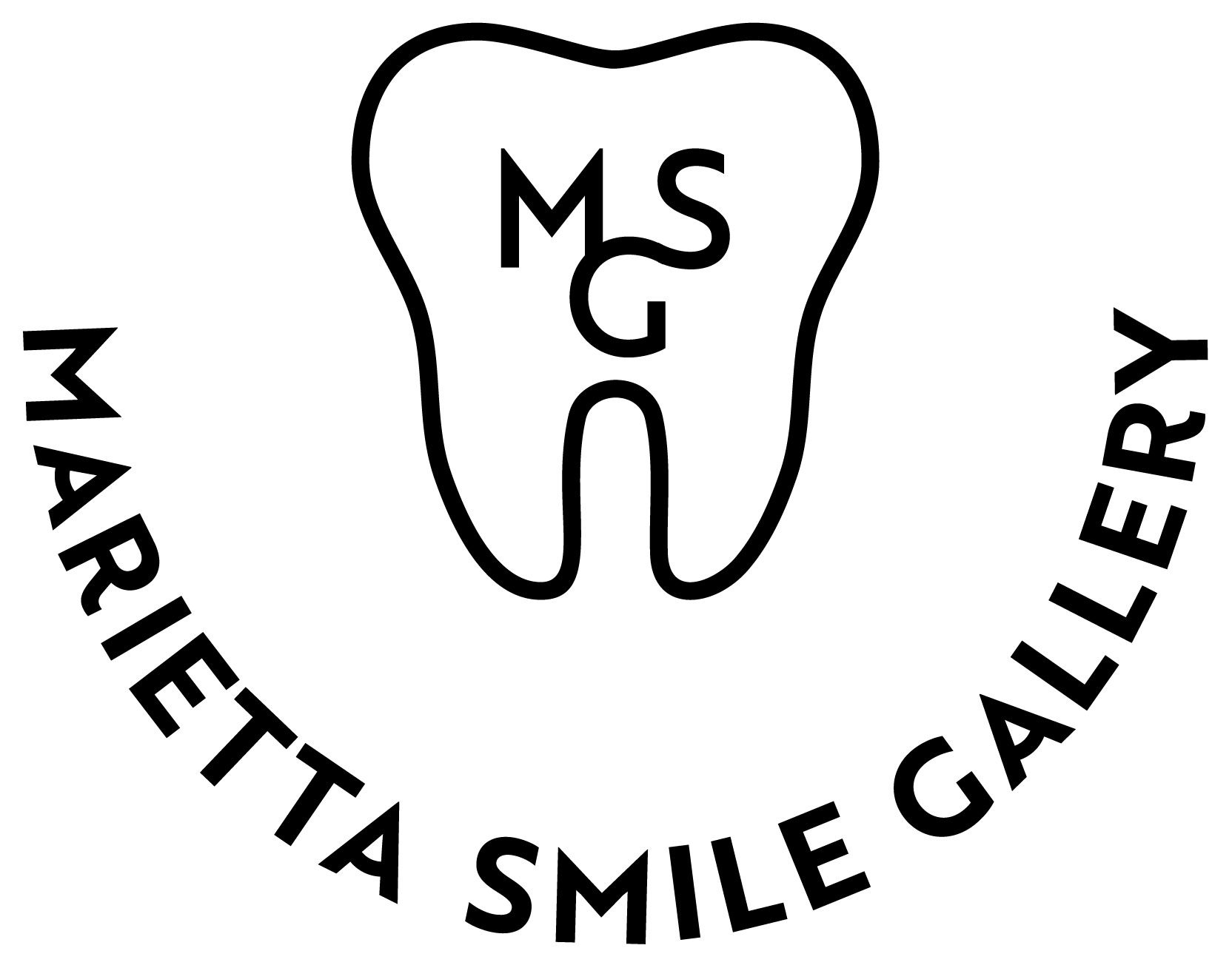
Periodontal disease or gum disease is a serious oral health problem that can lead to tooth loss if left untreated. It is an infection of the gum tissues that hold your teeth in place. It starts with bacteria in the mouth and, if allowed to build up, can result in serious damage to your oral health.
Most people don't realize they have periodontal disease until it's too late. The disease is often painless in its early stages, which makes it hard to detect without regular dental check-ups. This is why understanding periodontal disease and how to prevent it is of utmost importance.
Causes and Symptoms of Periodontal Disease
Periodontal disease is primarily caused by poor oral hygiene. When plaque, a sticky film of bacteria, builds up on the teeth and is not removed through regular brushing and flossing, it can lead to gum infection. Over time, this infection can break down the gum tissues and bone that hold your teeth in place, leading to periodontal disease.
The symptoms of periodontal disease often start subtly and can be easy to overlook. These may include red, swollen, or tender gums, and bleeding while brushing or flossing. You may also notice bad breath that won't go away, loose teeth, or changes in the way your teeth fit together when you bite. If you experience any of these symptoms, it's crucial to seek dental care immediately.
Remember, early detection and treatment can help prevent the progression of the disease and protect your oral health. So, pay attention to these signs and take action promptly.
The Health Risks of Periodontal Disease
The health risks associated with periodontal disease extend beyond your mouth. Research has shown that the inflammation and bacteria associated with periodontal disease can contribute to other serious health conditions.
For instance, periodontal disease has been linked to an increased risk of heart disease and stroke. This is because the bacteria from your mouth can enter your bloodstream and trigger inflammation in the arteries, leading to a buildup of plaques that can cause heart attacks or strokes.
Periodontal disease can also worsen diabetes, and pregnant women with periodontal disease are at a higher risk of preterm birth and low birth weight babies. Furthermore, it's linked to respiratory diseases and rheumatoid arthritis. Preventing periodontal disease is not just about maintaining a beautiful smile - it's also about protecting your overall health.
The Importance of Regular Dental Visits in Preventing Periodontal Disease
One of the most effective ways to prevent periodontal disease is through regular dental visits. These visits allow your dentist to catch the disease in its early stages when it's still easily treatable.
During a routine check-up, your dentist will examine your gums for any signs of periodontal disease, such as redness, swelling, or deep pockets between the gums and teeth. They will also remove any plaque or tartar build-up, which are major contributors to periodontal disease.
Additionally, dental professionals can provide personalized advice on how to maintain good oral hygiene based on your unique needs. So, don't underestimate the importance of regular dental visits - they are your first line of defense against periodontal disease.
How to Prevent Periodontal Disease
Firstly, maintaining good oral hygiene is crucial. This involves regular brushing and flossing to remove plaque and food particles from your mouth.
Secondly, quit smoking if you're a smoker. Smoking is strongly associated with the onset of periodontal disease as it weakens your immune system, making it harder for your body to fight off gum infections.
Lastly, manage your stress levels. High stress can impair your immune system, making it difficult for your body to fight off infections, including periodontal disease. Consider incorporating stress management techniques into your daily routine, such as yoga, meditation, or deep breathing exercises.
The Role of Diet in Preventing Periodontal Disease
Your diet plays a significant role in preventing periodontal disease. Eating a balanced diet rich in vitamins and minerals can boost your immune system and help your body fight off infections, including gum disease.
Particularly, foods high in Vitamin C and D, such as citrus fruits and fatty fish, are known to strengthen the gums and help prevent periodontal disease. Also, foods rich in calcium, like dairy products and leafy green vegetables, can help keep your teeth healthy and strong.
On the other hand, it's best to limit your intake of sugary foods and drinks, as they can contribute to plaque build-up and, consequently, periodontal disease. So, make sure to keep your diet balanced and nutritious - your gums will thank you.
Smile Bright, Stay Healthy
Periodontal disease is a serious oral health issue, but it's preventable. By maintaining good oral hygiene, making regular dental visits, managing your stress, quitting smoking, and eating a balanced diet, you can prevent periodontal disease and protect your overall health. Take the necessary steps today to prevent periodontal disease and keep smiling bright.
To learn more on how to prevent periodontal disease, visit Marietta Smile Gallery at our office in Marietta, Georgia. Call 770-809-1500 to schedule an appointment today.


